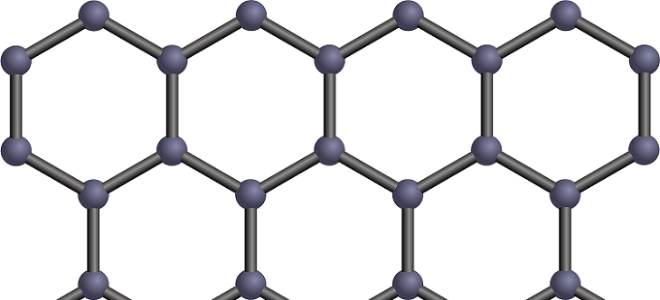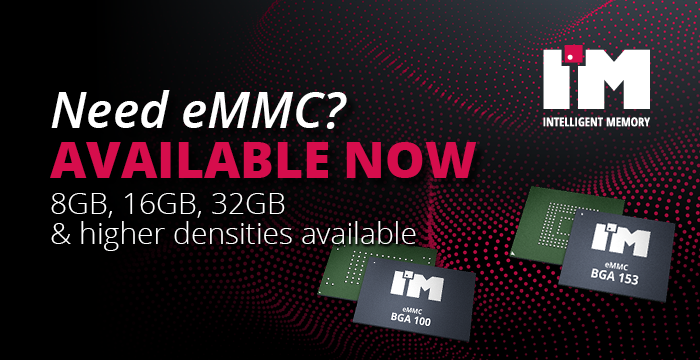
Adisyn acquires graphene chip solutions firm 2DG
2DG has developed a process that allows graphene to be grown below 300°C, making it possible to integrate graphene into chip manufacturing without damaging the chip’s sensitive components.
Adisyn, a provider of tech services for SMEs in the Australian defense sector, has expanded its focus to the semiconductor industry by acquiring Israeli-based 2D Generation (2DG), which specializes in graphene-based solutions for semiconductors.
Adisyn is also one of the founders of Connecting Chips European Union Joint Undertaking, a collaboration that includes industry leaders like NVIDIA, Valeo, and Applied Materials. This acquisition not only brings Adisyn cutting-edge technology but potentially opens the door for the company to enter the semiconductor space, according to a media release.
Graphene traditionally needs to be produced at temperatures around 1,000°C to preserve its properties, which creates a significant obstacle, as such high temperatures would destroy the delicate structures of semiconductor chips.
2DG has reportedly developed a unique process that allows graphene to be grown at temperatures below 300°C. This breakthrough makes it possible to integrate graphene into semiconductor manufacturing without damaging the chip’s sensitive components, the media release said.
2DG’s process uses Atomic Layer Deposition (ALD), a technique already employed in semiconductor fabs, to grow graphene at low temperatures by precisely layering it one atomic layer at a time, ensuring high-quality, controlled deposition, the company said.
“This low temperature is what sets us apart from everyone else. And this makes it possible to incorporate graphene into the semiconductor manufacturing process in a way that was previously not possible,” said 2DG CEO Arye Kohavi.
“If we want chips to keep getting faster, we need to solve the heat generation problem, and graphene can do that. Without a solution to this, the industry will stall,” said Kohavi. “We are developing something that could solve one of the biggest problems in the semiconductor industry today. This is not just a nice-to-have technology; it’s a critical one and we see a huge potential here.”
The company is currently in the process of acquiring new, more advanced ALD machines to improve the quality and coverage of graphene, according to media reports.
“If 2DG’s graphene technology successfully becomes a core part of semiconductor manufacturing, it could impact the entire sector and significantly increase the company’s value,” Kohavi said.



